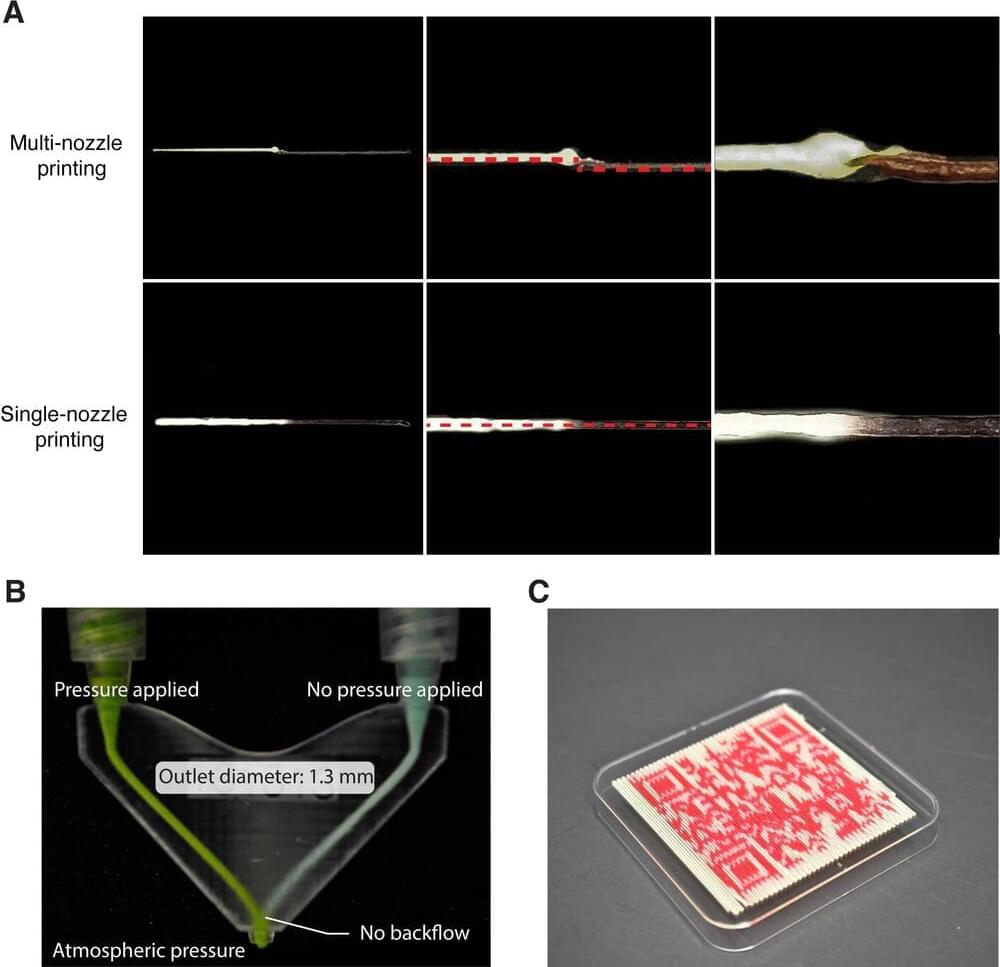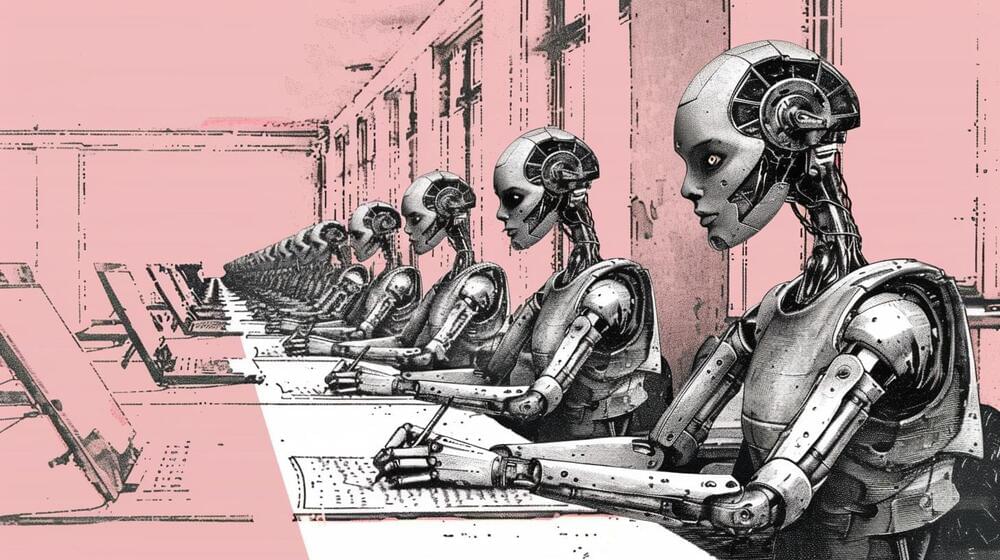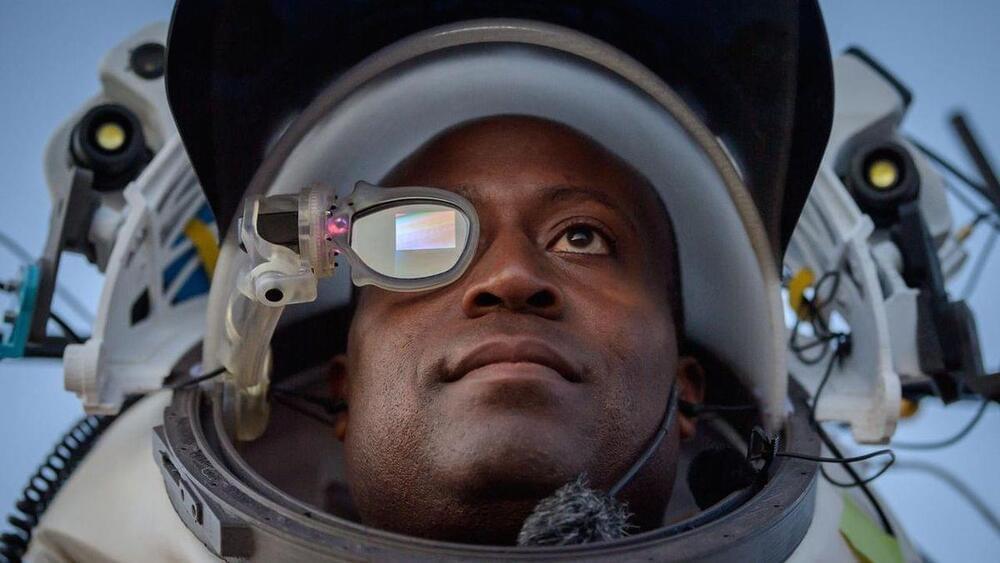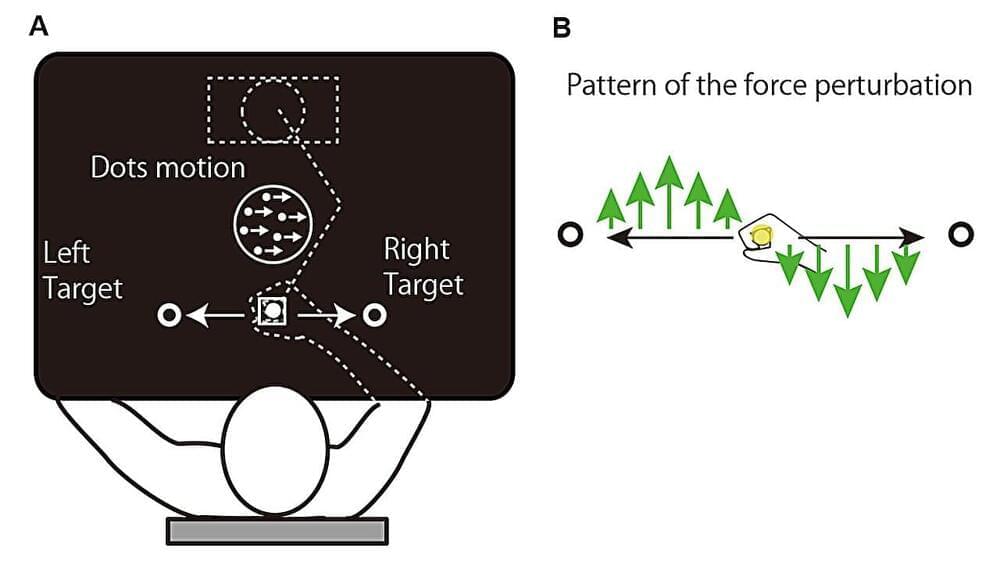A study published in the journal Nature Human Behaviour challenges the belief that identical physical actions are governed by the same motor memory, regardless of the decision-making process involved. Researchers from the National Institute of Information and Communications Technology (NICT) and HONDA R&D Co., Ltd. have discovered that the brain differentiates and stores motor memories based on the level of uncertainty experienced during decision-making.
In a football (soccer) penalty shootout, a player may decide to confidently kick the ball to the right corner upon observing the goalkeeper moving in the opposite direction. Alternatively, the player might make the same kick while being unsure about the goalkeeper’s movement.
Although the physical action—kicking the ball to the right—is identical in both scenarios, this new study reveals that the brain tags these actions differently based on the decision uncertainty involved. This discovery suggests that motor memories are not simply repetitions of the same action but are influenced by the cognitive processes leading up to them.







